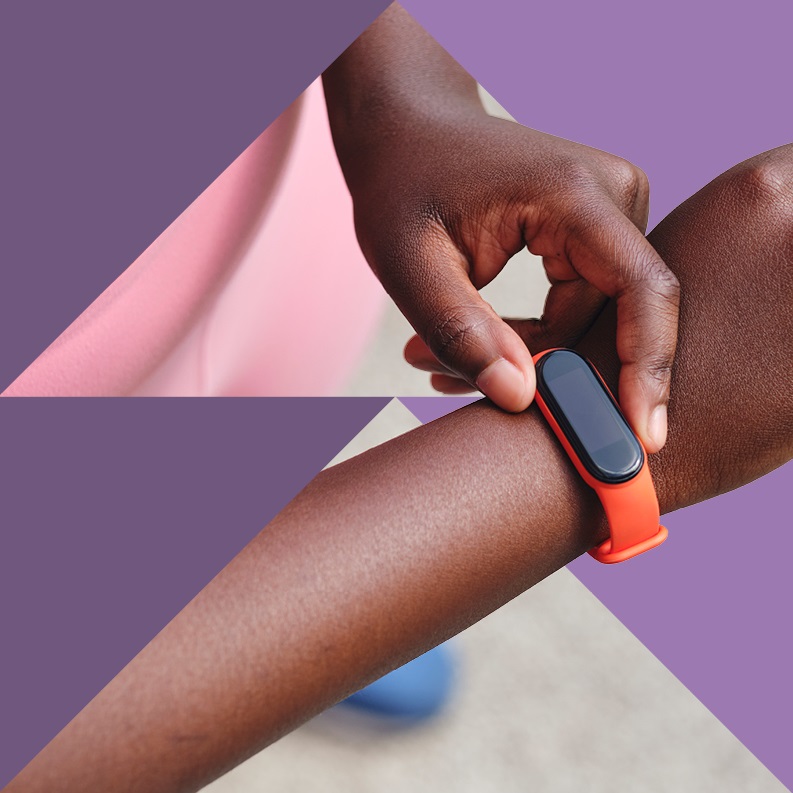
The Japanese Video Game Preventing Blindness
Published 11 October 2022
Japan’s Tohoku University School of Medicine has developed Meteor Blaster – a video game that can detect early-stage glaucoma – combining play with scientific research and paving the way for similar groundbreaking initiatives that could alter the course of a person’s life. As the gamification market matures, companies are increasingly adding gaming elements to boost their engagement strategies.
The Japanese Video Game Preventing Blindness


Topics

Want to see the full report?
Offering access to over 350 consumer and cross-industry reports annually, Stylus Membership is your window to tomorrow’s most exciting opportunities.
We already arm more than 500 of the world’s most forward-thinking brands and agencies with the creative insights they need to make transformative business decisions.
We’d love to do the same for you.
Book a demo with us today to discover more.
More Reports From Stylus
More Reports From Stylus
CES 2026: Personal Electronics
Whether promising to give consumers more playful lives or to optimise their health and wellbeing, artificial intelligence (AI) was everywhere in the products debuting at CES 2026. The best launches offered an opportunity to smile and relax – be it cute...











